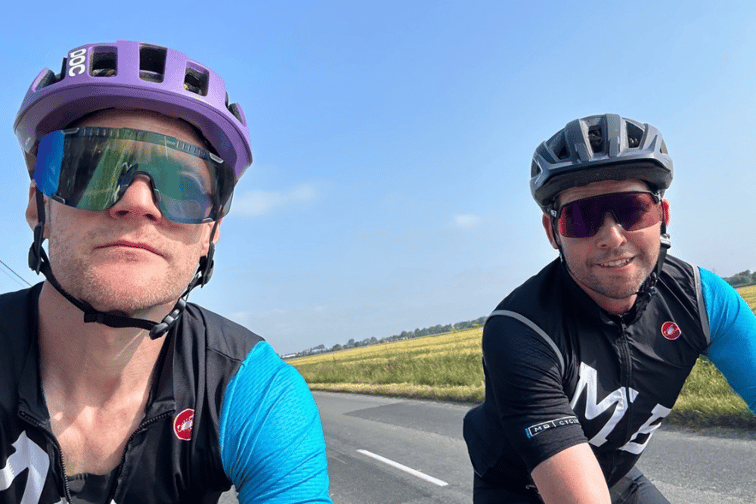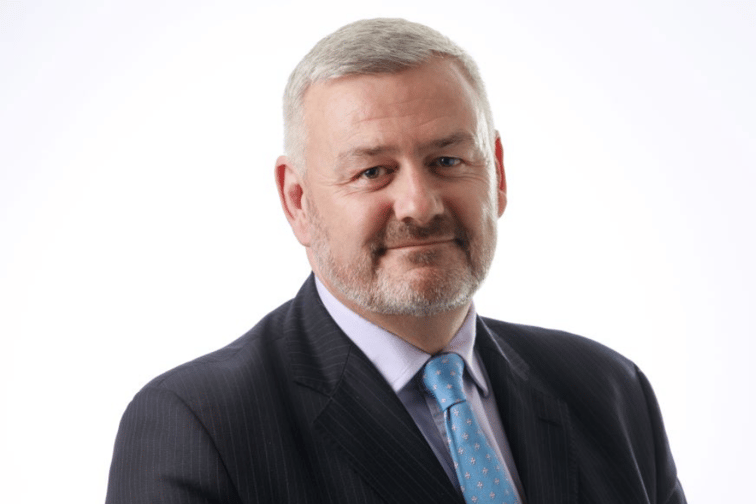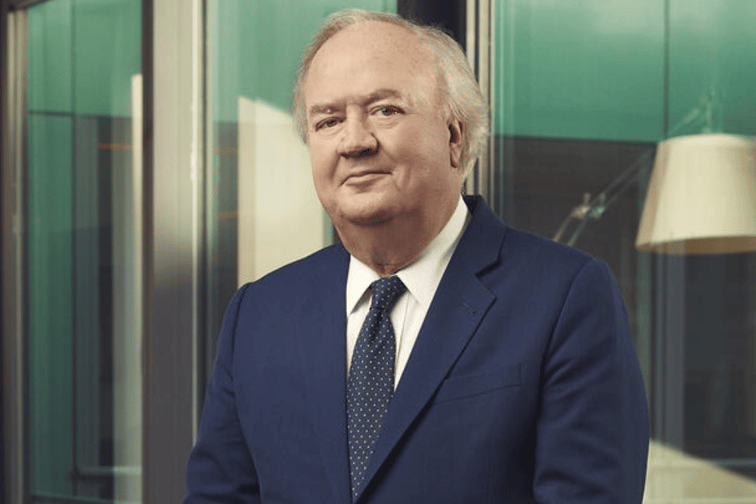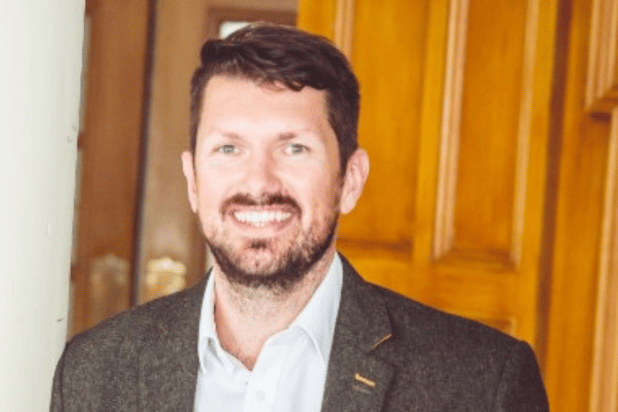
Finding alignment between insurance and charity

That incredible feats require significant inspiration is a notion ably borne out by the story behind Johnny McCord and Joe Walker’s decision to undertake the formidable challenge that was Loadsure’s four-day, 330-mile charity cycle from London to Paris in aid of Heartburn Cancer UK.
Now back on solid ground in the UK, Loadsure CEO and founder McCord (pictured right) touched on the motivation behind the fundraiser, sharing that when he was 19, he lost his father to oesophageal cancer. His father was only 47, he said, and his deterioration was very rapid. With the right treatment and an early diagnosis, his death would have been entirely preventable.
“This year marks 21 years since my father passed away and 20 years since my mother set up the Heartburn Cancer UK charity,” he said. “I wanted to mark the occasion in a way that might help others to avoid such a loss.”
The work of Heartburn Cancer UK
In its own words, Heartburn Cancer UK – which was established by Mimi McCord – exists “to raise awareness of the dangers of persistent heartburn [because] earlier diagnosis of a more serious problem helps save lives.”
So few people understand that heartburn and other similar conditions can be early symptoms of diseases like oesophageal cancer, McCord said, and Heartburn Cancer UK was founded to try and share this message. The charity’s work centres on four key pillars:
• Education – campaigning for changes in public and social policy, and seeking out collaboration with medical professionals
• Research – working with experts in oesophageal cancer to reduce the number of cases of this disease and improve rates of early diagnosis
• Awareness – building a network to facilitate the promotion of their message, about the importance of early detection and which symptoms to look out for
• Support – being there for people living with these conditions all over the UK, as well as their loved ones
“I’m passionate about supporting this mission as much as I can,” he said, “to help my mother and the charity in their efforts, and do my part in preventing other families from experiencing loss caused by preventable, treatable cancer.”
How the Loadsure charity cycle came about
As to how the decision to choose cycling as his fundraising activity – and the mammoth distance between London and Paris as his chosen route – came about, McCord said he’s always enjoyed a challenge. And having run two marathons for charity previously, and with this year being another significant anniversary, the London to Paris stretch felt like the right choice.
“In a lot of ways, taking on an endurance test like this is a solid analogy for what it’s like to be founder and CEO of a fast-paced insurtech,” he said. “There were unforeseen obstacles – like extreme weather, problems with our kit, and unexpected detours. It was a tough challenge that demanded mental and physical resilience, but our patience, perseverance and belief in the common goal kept us going and made the adventure truly enjoyable.”
For Walker (pictured left), EVP marketing at Loadsure, joining McCord on the journey was a natural step as they had both discovered the joys of cycling” during the COVID-19 lockdowns and regularly headed out to the hills for “exercise, headspace and for fun”. When McCord casually mentioned the idea during a catch-up at work, it snowballed from there.
“I enjoy training for a challenge, setting incremental goals and building a training program to hit them,” he said. “London to Paris is a famous challenge that felt like enough of a stretch without taking too much time away from our families and our work.”
Standout moments from the fundraising cycle
The charity cycle was no mean feat, noted McCord and the first day – from London to Dover – was extremely undulating. Navigating the busy roads of London was a challenge in itself, he said, but once they got out into the Kent countryside, the duo found some arduous climbs, albeit rewarded by some wonderful descents.
“Days two and three – from Dunkirk to Soissons – were long days in the saddle in some extreme heat, but the scenery of the French countryside was a fantastic distraction,” said Walker. “We had a few mechanical issues, but a little ‘field engineering’ kept us going. One particular challenge was being sure to take on enough food and water. I never want to see another carb gel again!”
Day four – which took him and Walker into Paris – was a major highlight, McCord said and: “Seeing the Tour Eiffel come into view, reflecting on the training journey, the adventure and everything it meant to me was an emotional moment.”
McCord noted that what became clear to him on completing a feat that took such physical and mental strength, was the realisation that anything is possible with the right mindset. Looking back to the beginning of his training, he said, he could not have imagined completing such a challenge, but the incremental gains made over a progressive training schedule made the challenge achievable.
“Resilience is a crucial virtue for something like this – the ability to grit your teeth and knuckle down can get us through a lot,” added Walker.
Examining the alignment between insurance and charity
There are some clear parallels between what the insurance sector sets out to achieve and what charity can do for individuals and societies. Because fundamentally, McCord said, insurance is about managing risk and about protecting businesses or individuals from loss. He highlighted that when he started Loadsure, it was because he fell in love with the freight community and wanted to offer better protection to it.
In the same way, charity is about giving help to those in need, he said. And ideally, it’s also protecting them from further need and, even better, preventing that need from occurring in the first place.
“I believe in helping people,” Walker said. “If I am able to make somebody else’s life a little easier with a charitable act or donation, I consider the effort or money well-spent. A friend of ours quoted Anne Frank with their online donation – ‘no-one has ever become poor by giving’, a beautiful sentiment.”
Encouraging other insurance professionals to get involved in charity and community initiatives, McCord entreated them to consider why they chose this industry – to help insureds.
“If you can, and I do appreciate that finding time and motivation in our busy lives is a challenge itself, it’s incredibly rewarding to help the communities that we serve,” he said. “I found a physical challenge is a great way to motivate myself to get fitter and healthier physically and mentally -and the whole endeavour creates a positive energy.”
For Walker, the message is simpler still: “Everybody wins!”
What are your thoughts on this story? Feel free to share them in the comment box below.
Related Stories
Keep up with the latest news and events
Join our mailing list, it’s free!

This page requires JavaScript


















